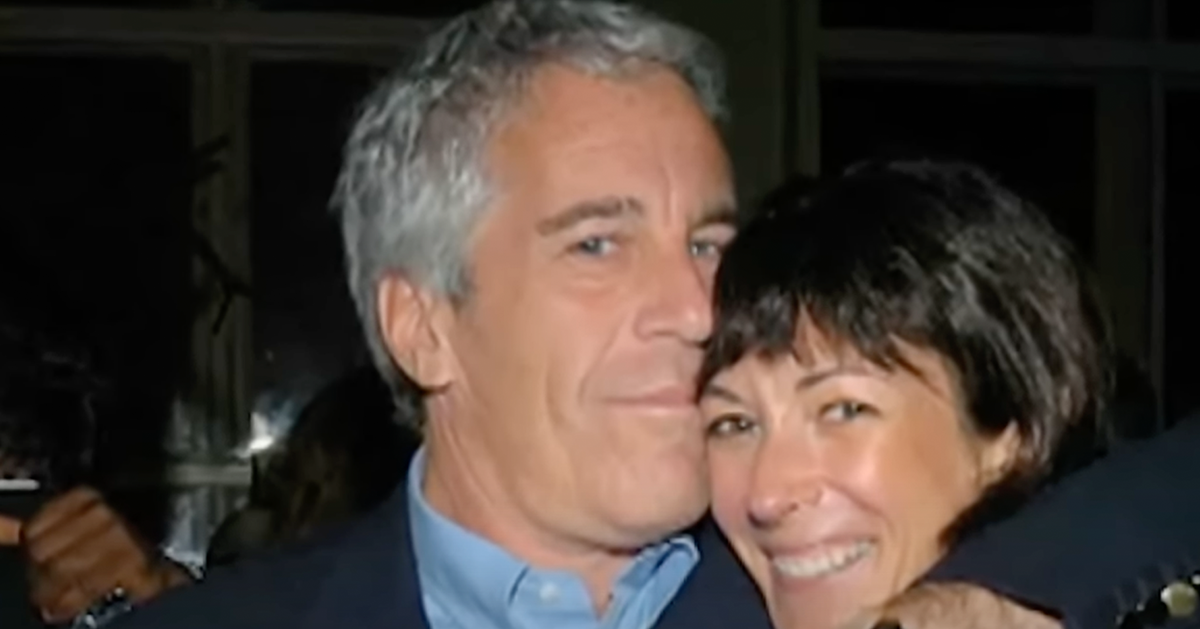Man Who Had Life Sentence Commuted by Tim Walz Faces New Drug, Firearm Charges
Minnesota Gov. Tim Walz, in his capacity as a member of the Minnesota Board of Pardons, made headlines when he commuted the sentence of Myron Burrell, who had been convicted in 2002 of the murder of 11-year-old Tyesha Edwards.
Now, Burrell’s trial on new criminal charges began on the first day of the Democratic National Convention, calling into question Walz's judgment with regard to the sentence commutation in the aforementioned murder case, as the Post Millennial reports.
The case against Burrell initially relied heavily on eyewitness accounts and testimony from jailhouse informants. At the time of the crime, Burrell was 16 years old and was accused of firing the shot intended for a rival gang member that tragically killed Edwards.
Despite maintaining his innocence, Burrell was convicted and sentenced to life in prison under the prosecutorial efforts of future Sen. Amy Klobuchar.
Commutation Sparks Controversy Amid Calls for Justice
The case gained renewed attention in 2020 during Klobuchar’s run for the presidency. An investigation by the Associated Press raised questions about the evidence used to convict Burrell, highlighting the absence of direct evidence such as DNA, fingerprints, or the murder weapon.
This scrutiny led to increased calls for a review of Burrell’s case, with advocates arguing that his conviction was based on unreliable testimony.
Walz, in commuting Burrell's sentence, acknowledged the changes in legal standards and the evolving understanding of juvenile justice.
“We cannot turn a blind eye to the developments in science and law as we look at this case,” Walz stated during the commutation process. The decision marked the first commutation of a life sentence in Minnesota in 22 years, allowing Burrell to serve the remainder of his sentence under supervision outside of prison.
Arrests After Release Raise Concerns
Since his release, Burrell has encountered legal troubles on two separate occasions. In 2023, he was arrested for illegal possession of a firearm and fifth-degree possession of a controlled substance.
This was followed by another arrest in 2024 on a separate charge of fifth-degree possession of a controlled substance. During the 2024 arrest, authorities found evidence in Burrell’s vehicle, including a pill that tested positive for methamphetamine.
Burrell's legal issues following his commutation have drawn attention and sparked debate over the decision to commute his sentence. Critics argue that Burrell’s subsequent arrests indicate a pattern of behavior that undermines the justification for his release, while supporters contend that the original conviction was flawed, and the commutation was an act of justice.
Burrell’s Trial Begins Amid National Spotlight
On Monday, Burrell’s trial for the 2023 charges commenced in Hennepin County. The timing of the trial, coinciding with the start of the Democratic National Convention, has further amplified the case’s visibility. The outcome of the trial could have significant implications for the ongoing discussions surrounding criminal justice reform and the treatment of juvenile offenders.
Walz, who played a key role in commuting Burrell’s sentence, has faced criticism and support in equal measure. Addressing the family of Tyesha Edwards during the commutation process, Walz expressed his empathy while emphasizing the need for justice to evolve with the times.
“We’re not here to relitigate the crime committed against your family that took your daughter away. There is nothing I can do to ease your pain, and it will not be made better. But we must act today to recognize the law in this area has changed,” Walz stated.
Questions About Criminal Justice Reform Emerge
The case of Myron Burrell highlights the complexities of criminal justice reform, particularly when it comes to cases involving juvenile offenders. While Burrell's commutation was seen by many as a step toward rectifying potential injustices, his subsequent legal troubles have raised questions about the risks associated with early release for individuals convicted of serious crimes.
The controversy surrounding Burrell’s case also underscores the ongoing debate over the reliability of certain types of evidence, such as eyewitness testimony and informant statements, which played a central role in his original conviction. As the trial progresses, these issues are likely to be revisited, potentially influencing the broader conversation on criminal justice policies.
Conclusion
Tim Walz's decision to commute the life sentence of Myron Burrell has reignited discussions on criminal justice reform, the reliability of evidence, and the treatment of juvenile offenders.
Burrell's subsequent arrests have complicated the narrative, with his ongoing trial drawing national attention. As the legal proceedings continue, the case serves as a focal point for broader debates on justice, rehabilitation, and public safety.






